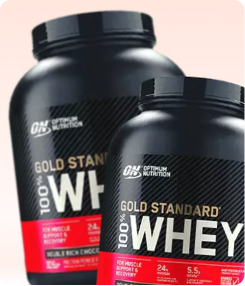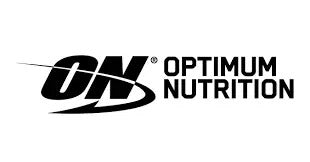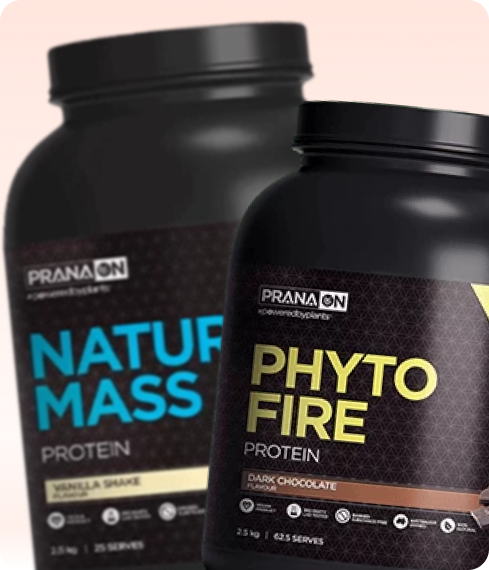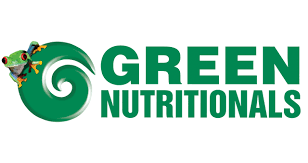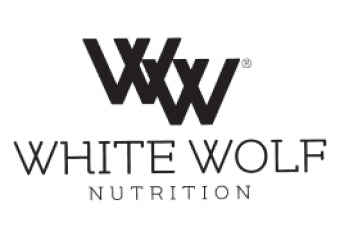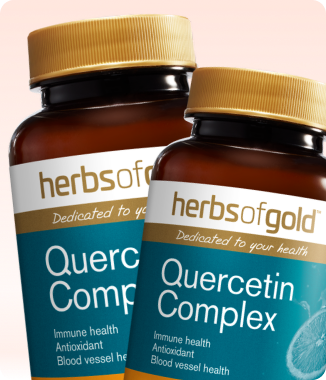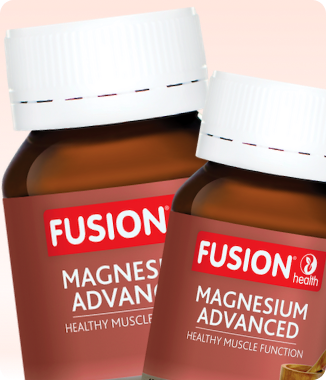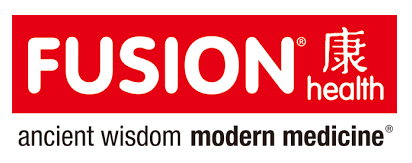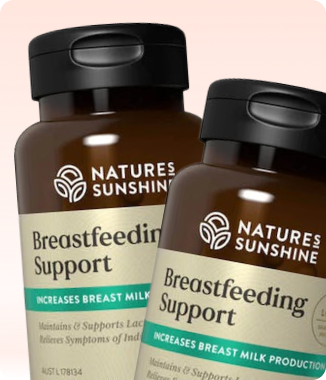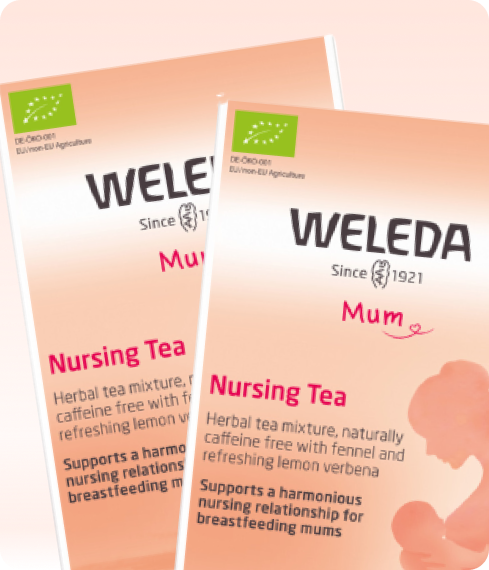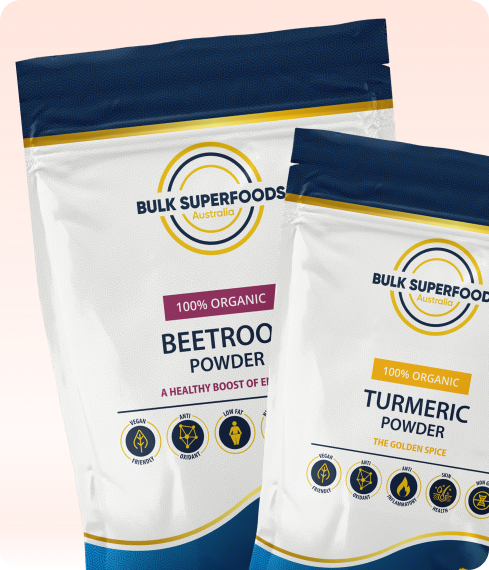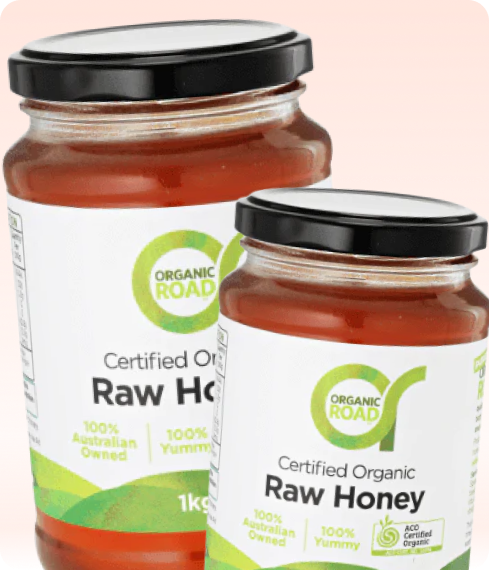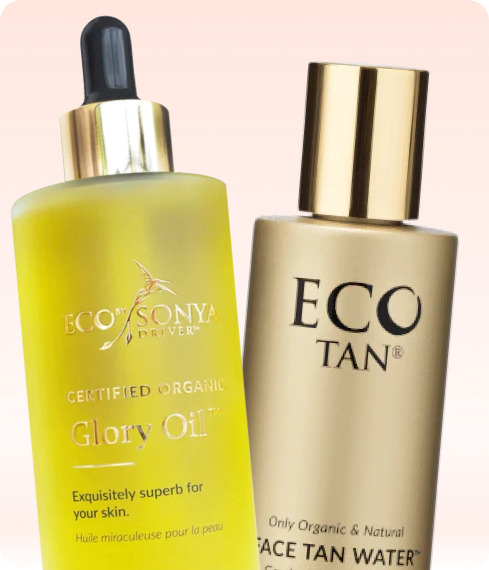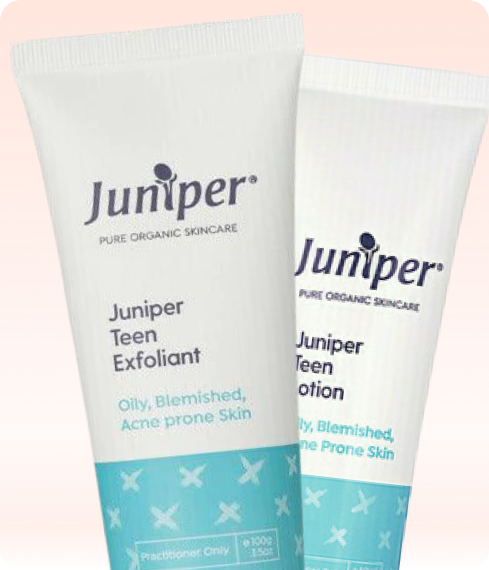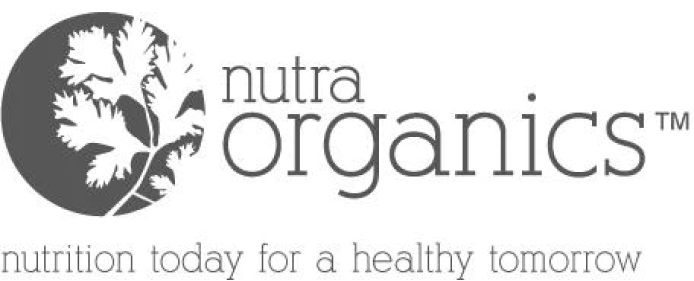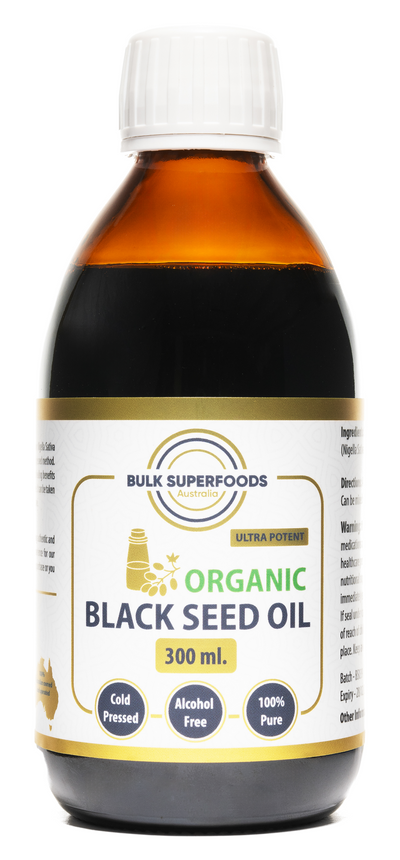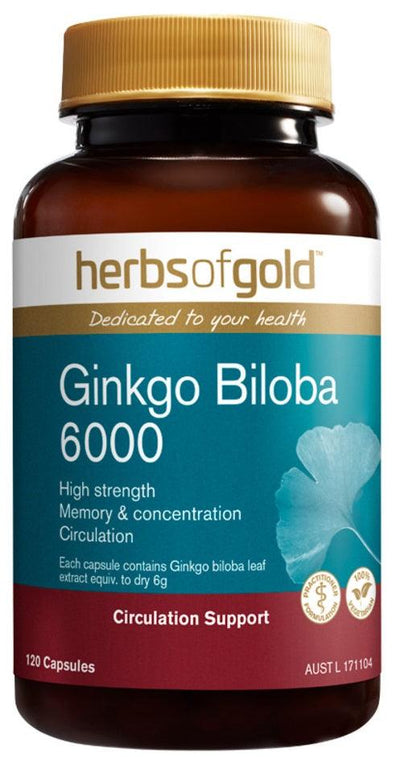The Gastrointestinal Microbiome
The human gastrointestinal microbiome is a symbiotic community that contributes to our health via both known and unknown mechanisms. It consists of both eukaryotic and prokaryotic cells including bacteria, viruses, fungi, and archaea. Generally speaking, a healthy microbiome is considered to be one that is diverse, abundant and co-exists harmoniously with its host. This takes into consideration the high variability that exists between individuals due to differences in diet, lifestyle, upbringing, state of health and other external factors that affect the development of the microbiome.
The colony exists in fine balance and in a spectrum of activity ranging from mutually beneficial in healthy states to pathogenic in disrupted states. Disruption can be caused by disease, pathogenic overgrowth and dietary and lifestyle factors and can lead to a state of “dysbiosis”. Dysbiosis is considered a pro-inflammatory state often depleting some key species that have significant functions in maintaining the ecological balance of the microbial community. Therefore, the depletion of these species often creates a cycle perpetuating the dysbiotic state. These key microbes are often referred to as our “keystone” species.
The keystone species can be “fed” or supplemented to positively affect the composition, diversity and/or volume of the microbiome. Microbiome “feeding” involves the fermentation or degradation of various non digestible dietary components by the bacteria of the microbiome. The resulting degradation products are the SCFAs (butyrate, propionate, acetate etc) other metabolites including tryptophan. These food components are referred to as prebiotics. As such, prebiotics may be defined as nondigestible, selectively fermented food ingredients that when metabolised by beneficial gut microorganisms, promote the growth, composition and activity of the gastrointestinal microbiome and positively affect the health of the host.
Food constituents that can be considered prebiotics include a range of dietary fibres and antioxidant flavonoids including polyphenols, proanthocyanidins, pectin, resistant starch, cellulose, sorbitol and oligosaccharides. Clinical studies supporting this are numerous with results using various foods rich in these components showing increased levels of beneficial keystone species as well as flow on effects to intestinal health and function.
Gold Kiwi Fruit (Livaux®)
Livaux® is made from whole gold kiwi fruit and provides comparable effects to the consumption of 1.5 whole kiwi fruit per 600mg dose. The skin and seeds are removed and the fruit cold pressed. The resulting powder is rich in polyphenols, vitamins, minerals and dietary fibres including high-methoxy pectin, cellulose and hemicellulose.
Livaux® has been clinically trialled for its effects on the microbiome on healthy adults with and without functional constipation at doses of 600mg and 2.4g daily for 28 days. Significant improvements in the relative abundance of the major butyrate producing keystone bacteria Faecalibacterium prausnitzii were attained in both healthy and functionally constipated subjects.
Pomegranate (Pomella®)
Pomegranate fruit contains around 124 different phytochemicals, and approximately 48 of these are phenolic compounds
The polyphenols in Pomegranate may be divided into two main classes: tannins and flavonoids. The tannins can be further classified into ellagitannins which include ellagic acid, gallic acid, punicalagin and punicalin. The punicalagins are unique to Pomegranate. The flavonoids consist of anthocyanidins, flavan 3-ols (which can be further classified as catechins and epicatechins) and flavanols
The ellagitannins in particular are only partially absorbed and can remain in the gut for some time where they not only help to improve the abundance of several keystone bacteria but are also metabolised by the microbes of the gut to produce gastro-protective compounds known as urolithins.
Pomella® has been the subject of a human clinical trial in which healthy adults were supplemented with 250mg pomegranate extract containing 75mg punicalagin or an oral placebo. After 4 weeks, the relative abundance of Coprococcus eutectus, Roseburia faecis, Roseburia inullnivorans, Ruminococcus bicirculans, Ruminococcus calidus and Faecalibacterium prausnitzii had improved significantly. Furthermore, Pomella® supplementation led to improvements in circulating propionate acetate and urolithin levels, helping to support the health of digestive system
Directions for use
Take 1 scoop (6 g) daily with 250 ml water or juice, or as directed by your health professional.
Allergen Information
- No added: Gluten, dairy, lactose, seeds, nuts, egg, sesame, soy or sulfites
- Vegan and vegetarian friendly
Warnings
If symptoms persist, seek the advice of a healthcare professional. For practitioner dispensing only.

